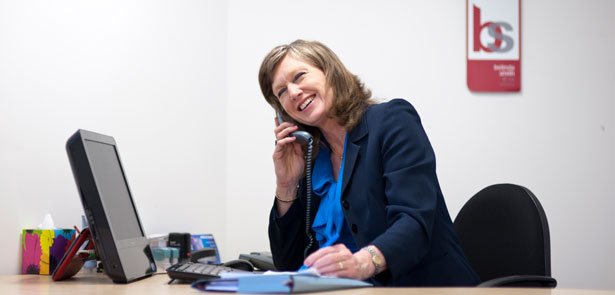The Common Law Wife and Other Stories

The Common law wife is dead – no sorry, she never existed
Apologies to all those women out there (and yes, it is nearly always the woman) who have brought up children and run homes for years but not made it to the altar with their common law husband
If you are married you have the protection of the Matrimonial Causes Act 1973 and the wealth of case law that has built up since. Very different to cohabiting relationships. There is virtually no legal protection for the separating couple, unless there are children involved and then only on a time-limited basis until they finish school.
WHY IS THIS?
It’s down to public policy really – successive governments don’t have the stomach to confront the traditionalists and effectively demote marriage. It’s a sacred institution! The fabric of society will fall apart if we give cohabitees the same rights as spouses.
The national family solicitors’ group Resolution has been lobbying parliament for reforms in cohabitation law for years but there is no realistic chance of any reform happening in the foreseeable future.
SO WHAT CAN BE DONE?
The answer for the time being is to draw up a Cohabitation Agreement.
You may be put off the idea as tempting fate but look at it in the same way as preparing a Will (you haven’t got one of those either?) – you are simply making prudent plans for future contingencies. Okay, death is more certain than a relationship breakdown, but the statistics are the same whether married or not – about 1 in 3, so it’s worth being safe than sorry.
A Cohabitation Agreement will cover all the aspects of living together, particularly the ownership of your home which is usually the major asset.
It may be advisable to draw up a trust deed to specify the terms of ownership for now and the future.
A Cohabitation Agreement is a way of putting both your minds at rest about the future – one less thing to worry about.
Belinda Smith and her associate Michele Fielding are trained collaborative lawyers and members of the local group based in Peterborough.
Visit www.pcflg.co.uk for details of all the qualified collaborative lawyers in the area and ring Belinda on 01733 267414 if you would like more information.
















